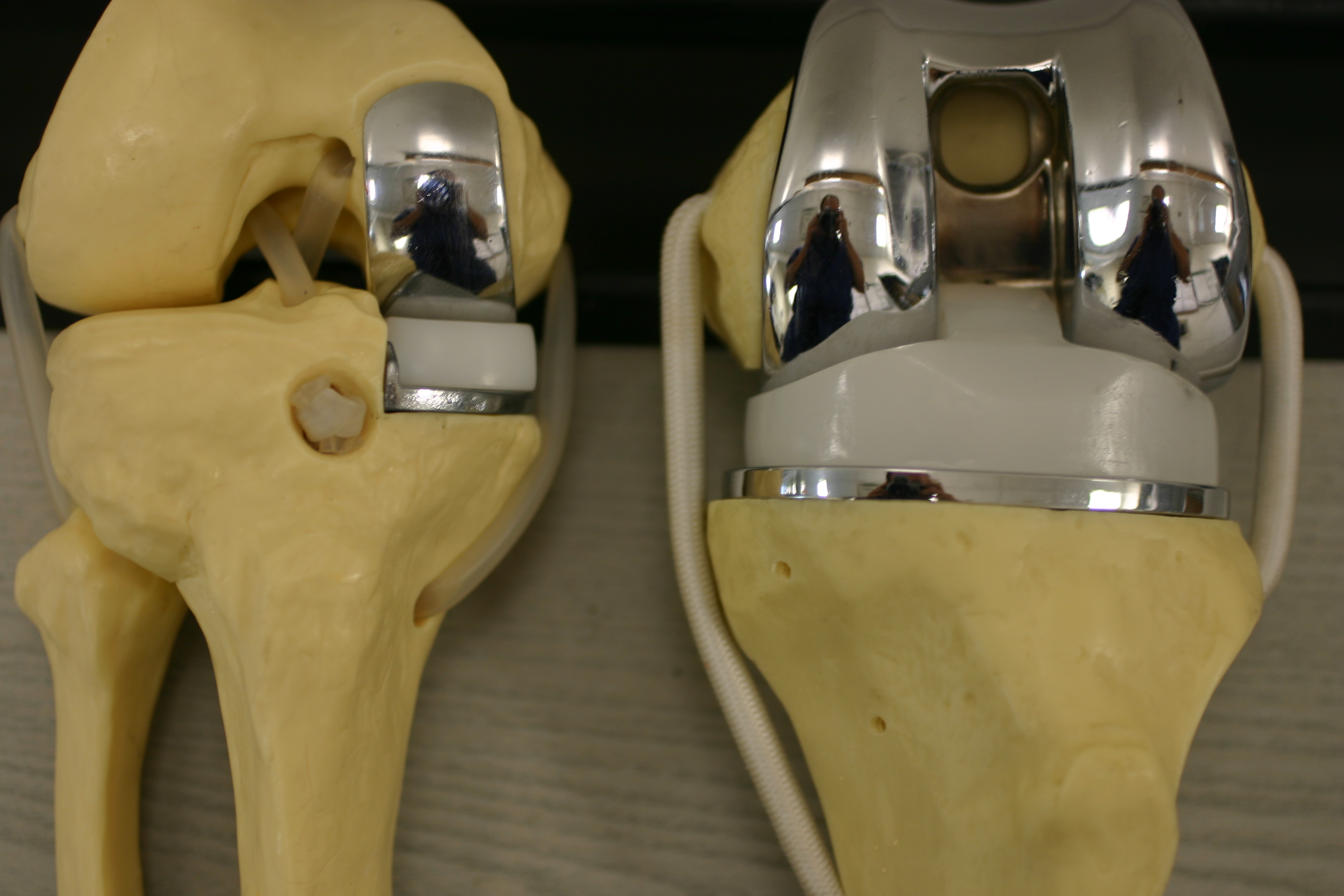Partial Knee Replacement
Home / Partial Knee Replacement

A Minimally Invasive Solution for Knee Pain
Knee pain can significantly impact daily life, making simple activities like walking, climbing stairs, or even standing difficult. For patients suffering from localized knee arthritis or cartilage damage, a partial knee replacement offers an effective, minimally invasive alternative to total knee replacement.
Dr. Shekhar Srivastav, a highly experienced orthopedic and joint replacement surgeon in Delhi, specializes in partial knee replacement surgery, helping patients regain mobility and lead a pain-free life.
What is Partial Knee Replacement?
Partial Knee Replacement (Unicompartmental Knee Replacement) is a surgical procedure in which only the damaged portion of the knee joint is replaced with an artificial implant while preserving the healthy bone, cartilage, and ligaments. This procedure is ideal for patients with arthritis limited to one compartment of the knee, providing relief while maintaining natural knee movement.
Who is a Candidate for Partial Knee Replacement?
This procedure is suitable for individuals who:
- Have osteoarthritis affecting only one part of the knee (medial, lateral, or patellofemoral)
- Experience chronic knee pain and stiffness despite medication and therapy
- Have intact knee ligaments (ACL, PCL) and a stable knee joint
- Want a faster recovery and less invasive solution compared to total knee replacement
Benefits of Partial Knee Replacement
- Minimally Invasive Surgery – Smaller incisions lead to less tissue damage and quicker healing.
- Faster Recovery – Patients typically recover within 4 to 6 weeks, much faster than total knee replacement.
- Natural Knee Movement – Since ligaments and healthy bone are preserved, patients experience better joint flexibility.
- Less Pain & Scarring – Smaller incisions reduce post-surgical discomfort and scars.
- Longer-Lasting Results – Advanced implants provide durable and long-term relief from knee pain.
Surgical Procedure for Partial Knee Replacement
- Pre-Surgical Evaluation – Detailed examination, X-rays, and MRI scans to assess knee damage.
- Anesthesia & Incision – A small incision is made to access the damaged knee area.
- Damaged Tissue Removal – The worn-out cartilage and bone are carefully removed.
- Implant Placement – A high-quality prosthetic implant is positioned in place of the damaged cartilage.
- Closure & Recovery – The incision is closed, and post-operative care begins.
Recovery & Rehabilitation
Patients undergoing partial knee replacement with Dr. Shekhar Srivastav benefit from a comprehensive rehabilitation plan, ensuring a smooth and quick recovery.
- Walking Support: Patients can start walking with support within 24 hours
- Physiotherapy: Strengthening exercises begin within a few days
- Full Recovery: Most patients resume normal activities within 4-6 weeks
FAQ On Partial Knee Replacement
- Have arthritis or damage confined to one compartment of the knee
- Experience chronic knee pain and swelling that limits daily activities
- Have intact knee ligaments (ACL & PCL) and a stable knee joint
- Are looking for a less invasive alternative to total knee replacement
- Start walking with support within 24 hours
- Resume normal daily activities within 4-6 weeks
- Return to light exercise (e.g., swimming, cycling) within 6-8 weeks
- Minimally invasive surgery with smaller incisions and less pain
- Faster recovery and shorter hospital stay
- Better knee flexibility and more natural movement
- Lower risk of complications, such as infections and blood clots
- Preserves healthy knee tissues, leading to a more natural feel


